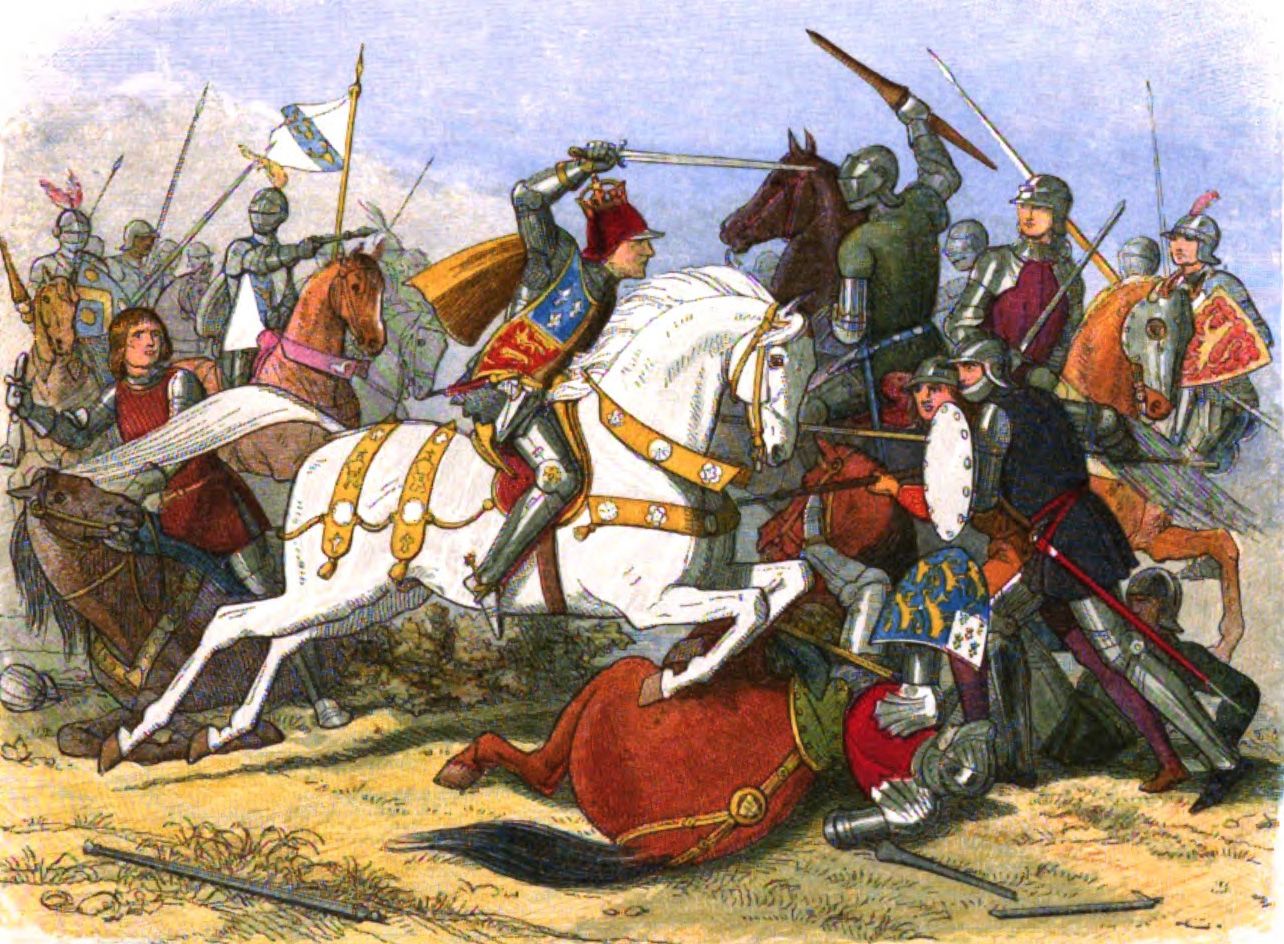
Introduction to the War of the Roses
The War of the Roses, a series of civil wars for control of the English throne, took place between 1455 and 1487. This conflict arose from the deep-rooted dissatisfaction with the ruling House of Lancaster’s leadership, leading to explosive confrontations with the rival House of York. The war holds a crucial place in British history, not only because of its political ramifications but also due to the social and economic unrest that it catalysed.
Key Events and Battles
The War of the Roses is marked by several pivotal battles. The first major engagement, the Battle of St Albans in 1455, saw the Yorkists gain a crucial victory. However, the conflict saw numerous shifts in power, with each house regaining and losing the throne multiple times. The two significant battles of Towton (1461) and Tewkesbury (1471) resulted in decisive Yorkist victories, reinforcing their claim to the crown.
As the war progressed, the notorious figure of Richard III emerged from the tensions. His eventual defeat at the Battle of Bosworth Field in 1485 saw the triumphant rise of Henry Tudor, who would consolidate power as Henry VII, marking the end of the civil strife and the commencement of the Tudor dynasty. This transition fundamentally altered the trajectory of English history.
The Aftermath and Legacy
Following the end of the War of the Roses, England entered a period of relative stability under the Tudor rule. The establishment of the Tudor dynasty not only brought peace but also initiated a cultural renaissance and significant developments in governance.
Historically, the legacy of the War of the Roses persists, influencing contemporary understanding of monarchy, power dynamics, and governance in England. Its events sparked a fascination in literature and popular culture, inspiring works such as William Shakespeare’s plays, which romanticized the battles and struggles for power.
Conclusion
The War of the Roses was more than a mere struggle for a crown; it was a conflict that shaped national identity and governance in England. Understanding these events provides crucial insights into the complexities of political power and social relationships in historical context. As the UK continues to reflect on its past, the resonances of this conflict remind us of the enduring impacts of civil strife and the quest for political legitimacy.


